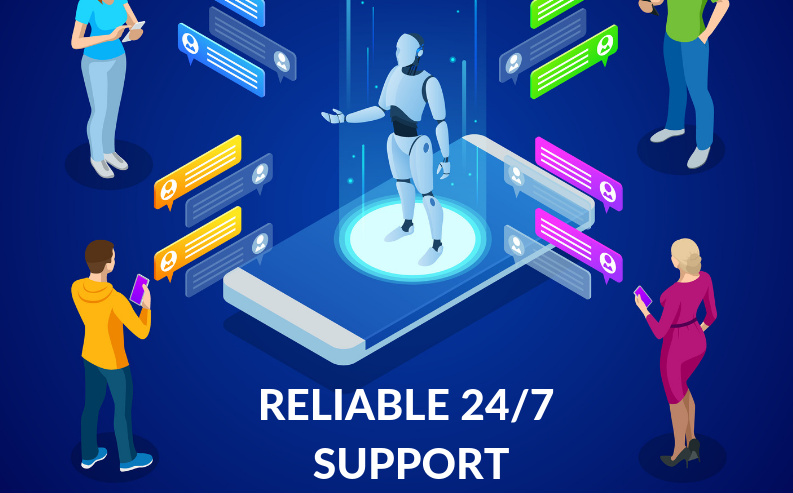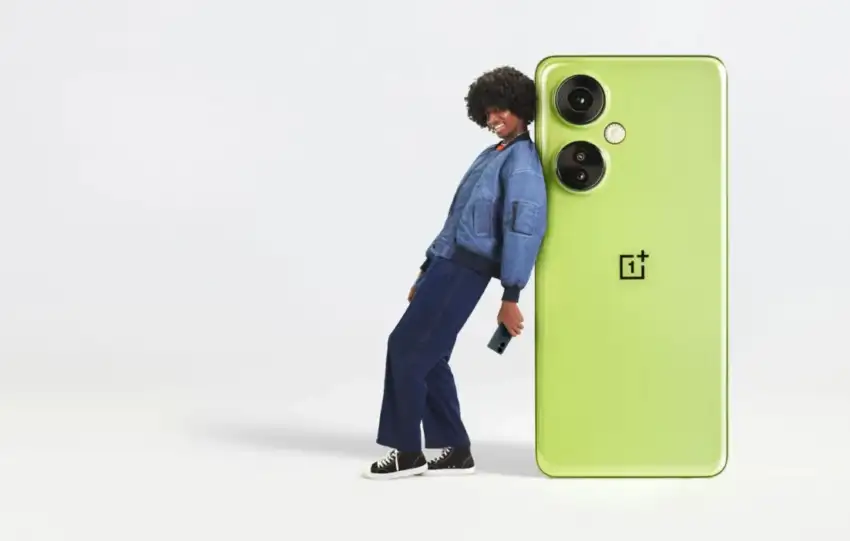Share This Article
ChatGPT is a language model that was made by OpenAI. It is a version of the GPT-3 (Generative Pretrained Transformer 3) model that has been tweaked to make it better at generating conversational responses. It uses deep learning techniques, like transformers, to respond to text input like a person would.
The model has been trained with a lot of text data, so it can come up with answers that make sense and are relevant to a wide range of questions and prompts. It was made to be flexible and adaptable so that it can handle a wide range of conversational situations, from answering simple questions to having complex ones.

One of ChatGPT’s best features is that it can respond in a way that makes sense in the context, even if the conversation is about different things. This is done with the help of attention mechanisms, which let the model pick and choose which parts of the input to pay attention to and use that information in its responses.
It has been used in many different kinds of programmes, such as chatbots for customer service, virtual assistants, and tools for personal productivity. It has also been used to make interactive fiction and other types of content that tell a story.
ChatGPT is a big step forward in the field of conversational AI. It has the potential to make a wide range of applications much more effective and efficient. But it’s important to remember that, like any AI system, its results are only as good as the data it was trained on, and its ability to understand and respond appropriately to real-world situations will be limited by the biases and limitations in the training data.
How does ChatGPT affect the world?
ChatGPT is a big step forward for the fields of natural language processing and conversational artificial intelligence. It could make a big difference in a wide range of applications, from chatbots for customer service to virtual assistants. ChatGPT could make interacting with AI systems easier and more natural for users by giving responses to text that sound like they came from a person.
ChatGPT and other advanced language models like it could have big effects on how we use technology and talk to each other. For example, they could make it possible for people and computers to talk to each other in new ways that blur the line between text and speech. This would make it easier to talk to AI systems in ways that feel more natural and intuitive.
But it’s important to remember that AI systems like ChatGPT also raise important ethical and social questions. For example, there is a big worry that these systems could reinforce and amplify existing biases and discrimination. To reduce these risks, it will be important to come up with the right safeguards and rules.
It is a powerful tool that has the potential to make our lives much better, but its development and use will need to be done with care and careful thought about how it might affect us.
What if ChatGPT’s future is
The future looks very bright for ChatGPT and conversational AI in general. As technology keeps getting better and more data becomes available, it’s likely that language models like ChatGPT will become even smarter and more powerful, allowing people and computers to communicate in a more natural way.
One way ChatGPT could get better is by being able to handle more complicated and nuanced conversational situations. This could mean taking more context information into account, like how the speaker is feeling or what is going on in the conversation, to come up with more appropriate and relevant answers.
Improving how open and accountable these systems will be another important area of change. As AI systems become more common in our everyday lives, it will become more important to understand how they work and make sure they make fair and unbiased decisions.
Finally, ChatGPT and other conversational AI systems might create fascinating new prospects in entertainment, education, and healthcare. They might be used to create new interactive fiction or offer patients personalized health advice.
Overall, the future of ChatGPT and conversational AI looks good, and it is an exciting time to be working in this field. But it will be important to be careful about how these systems are made and put to use and to think about how they might affect society and ethics.





1 Comment
Venssa
Good to read